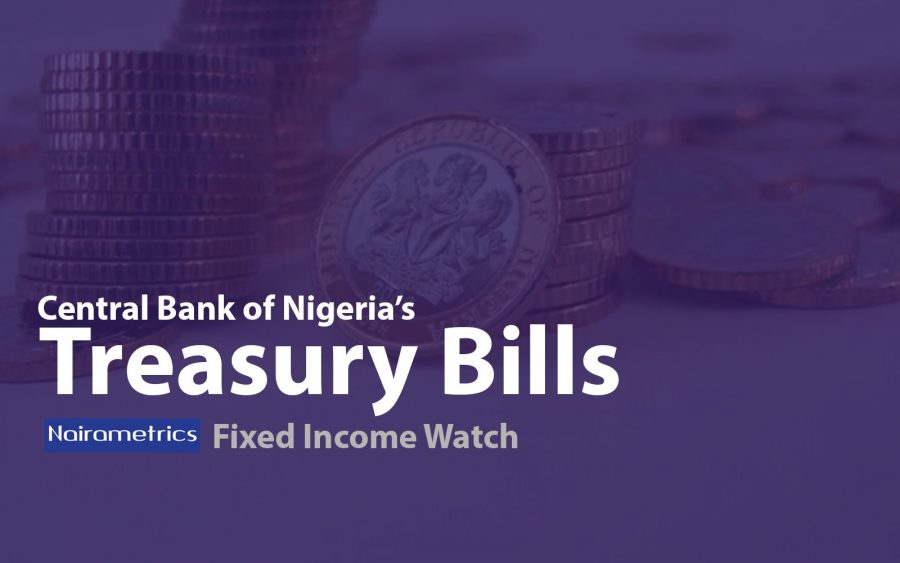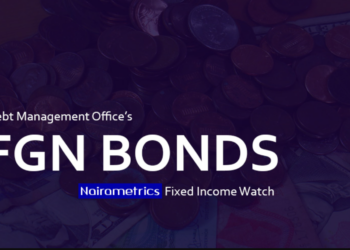The latest data from yesterday’s Treasury bill auctions shows that Nigeria’s 364-day stayed flat at 4.02%. On the other hand, Stop rates moderated further for the 91day tenors and 182-day tenors, the 91-day bills had stop rates of 2.0% and 182-day bills went for 2.2%.
At the auction, the Debt Management Office sold N4.4 billion on the 91-day paper, N7.8 billion on the 182-day, and N78.7 billion on the 364-day bill.

Michael Nwakalor, Macroeconomist at CardinalStone Research, in a phone chat interview with Nairametrics explained why investors oversubscribed Nigeria’s Treasury bills. He said;
The descent in T-bill rates continued at yesterday’s auction as rates on the short and mid tenors declined further. Meanwhile, the 364-day bill closed flat at the auction. With subscription almost two times the offered amount, demand for short-dated notes remains popular in the relatively illiquid market as some investors opt to stay short amid uncertainties shrouding various macroeconomic variables.
READ MORE: Official: Nigerian Treasury bills calendar for Q3 2020
Why this matters: The massive disparity between the subscriptions and the offers recorded suggests investors are willing to earn a negative real return, compared to the higher risk in other assets such as stocks and real estate.
Basically, the CBN sells T-bills on a bi-weekly basis to investors and it is one of the safest investments available. Interests are paid upfront and the principal paid in full upon maturity.
Understanding Treasury Bills: Basically, when the government goes to the financial market to raise money, it can do it by issuing two types of debt instruments – treasury bills and government bonds.
Treasury bills are issued when the government needs money for a short period, while bonds are issued when it needs debt for more than say five years. The issuance of treasury bills is also used as a mechanism to control the circulation of funds in the economy.
Treasury bills have a face value of a certain amount, which is what they are actually worth. However, they are sold for less. For example, a bill may be worth N10,000, but you would buy it for N9,600. Every bill has a specified maturity date, which is when you receive the money back.
The government then pays you the full price of the bill (in this case N10,000), giving you the opportunity to earn N400 from your investment. The amount that you earn is considered as the interest, or your payment for lending your money to the government. The difference between the value of the bill and the amount you pay for it is called the discount rate and is set as a percentage.




















Thank you so much. How can one invest in treasury bills in Nigeria? Could you please guide me through it.